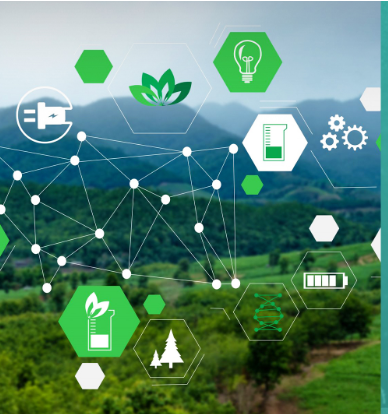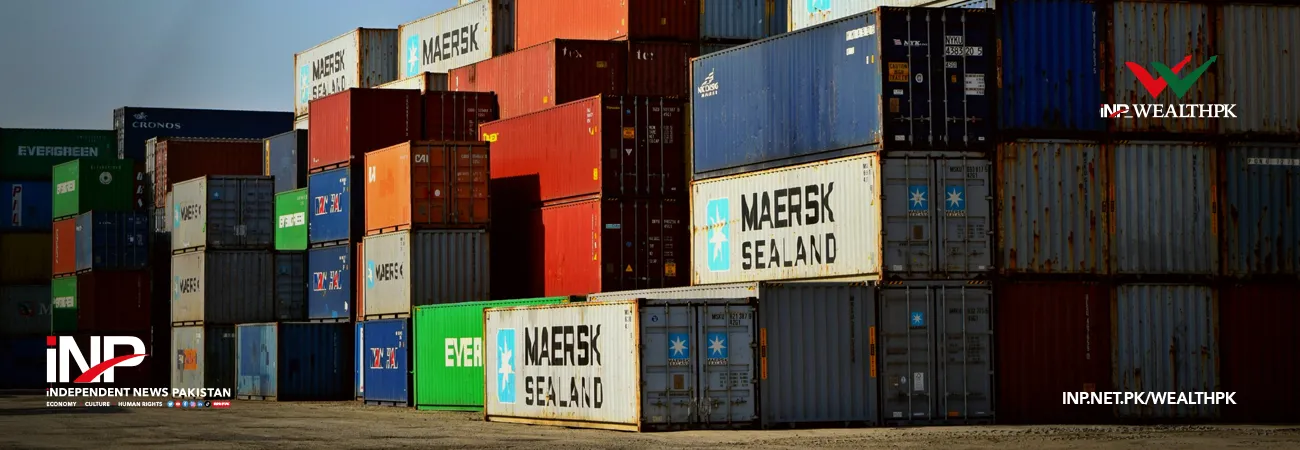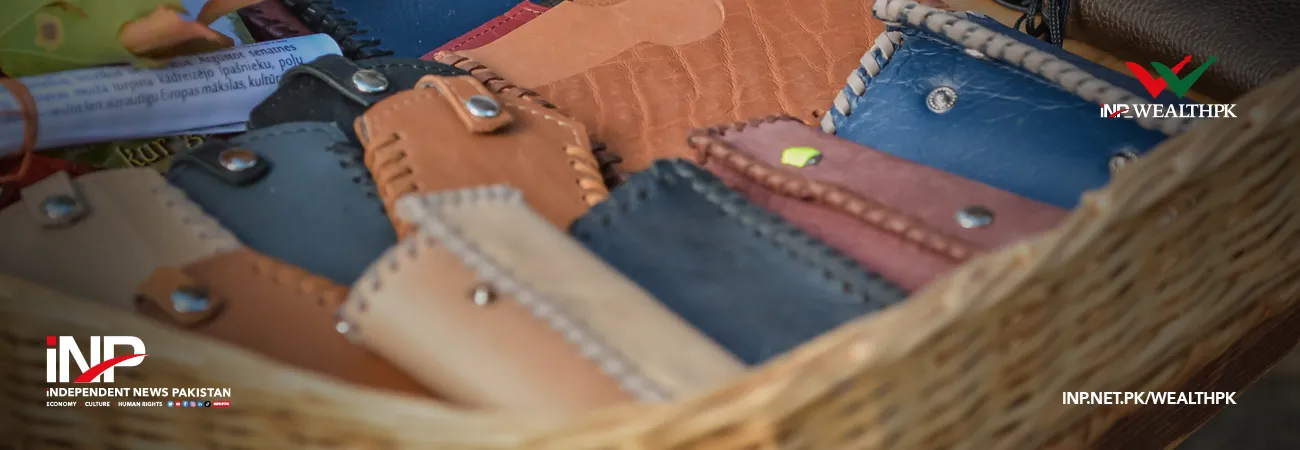آئی این پی ویلتھ پی کے
Amir Saeed
A SMART Village was inaugurated in Swabi on Wednesday to empower youth and women through digital inclusion.

This was the third SMART Village following those in Gokina near Islamabad and in Sambrial, Sialkot, as part of the SMART Village Pakistan Initiative. Pakistan’s digital transformation is being driven through community involvement under the leadership of Federal Minister for IT and Telecom Shaza Fatima Khawaja. A steering committee — comprising representatives from the Ministry of IT, International Telecommunication Union (ITU), Huawei, and Telecom Foundation — oversees the SMART Village Pakistan Initiative.
The launch ceremony of the Smart Village was organised by the Ministry of IT and Telecommunication, Huawei and ITU at a hotel in Islamabad. Speaking on this occasion, Rafiq Ahmed Buriro, head of the SMART Village Steering Committee, highlighted the project's goal of empowering youth and women through digital inclusion. “With the support from ITU and Huawei, the initiative has turned vision into reality.”
The initiative emphasises not just connectivity but transformation — enabling access to education, health, governance, e-commerce, and livelihoods. Through high-speed internet and digital tools, communities now benefit from online classes, telemedicine, and real-time market information. The IT Ministry is deploying broadband in remote areas, expanding fiber-optic networks, and supporting startups and innovation hubs, aiming to digitally empower every Pakistani.
On this occasion, Huawei’s Deputy Chief Executive Officer Ahmed Bilal Masood reaffirmed the company’s commitment to bridging the digital divide. He explained the impact of the Gokina village project, saying that for the first time, girls were able to study beyond class five and access healthcare locally instead of travelling 10-15 hours. He emphasised that real success depends on community ownership. He acknowledged the leadership of the federal IT minister and collaboration from partners like ITU, and urged Swabi’s residents to embrace this opportunity.
He concluded by inviting attendees to visit Huawei’s “TECH4ALL” booth and experience global digital inclusion efforts. Mohammad Yahya, United Nations Resident Coordinator to Pakistan, expressed gratitude for the collaborative spirit behind the initiative. He acknowledged the leadership of the IT Minister, emphasising that digital access is no longer a choice but a necessity for economic growth, social equity, and sustainable progress. He remarked that with 2030 fast approaching, the urgency to meet the Sustainable Development Goals has intensified.
“The Smart Village initiative is a critical step in ensuring that underserved communities are not left behind.” Highlighting the gender impact of the initiative, Yahya noted that a majority of the regional beneficiaries are women and girls. He called this a meaningful contribution toward closing Pakistan’s digital gender gap. He acknowledged Huawei’s technical partnership in bringing the vision to life. On the occasion, Shaza Fatima emphasised that technology is integral to everyday life, impacting health, education, business, and employment.
She highlighted its role as an equaliser, bridging gaps in access, especially for children in remote areas. The minister underscored the government's commitment to ensuring no child is left behind in the digital transformation, enabling access to education and health services even in areas lacking infrastructure. Fatima noted that the Smart Village project is part of a broader national vision under Prime Minister Shehbaz Sharif to digitally transform Pakistan.
“This vision includes providing digital identities, expanding connectivity, distributing laptops to students, and fostering digital literacy and entrepreneurship.” The minister called for collaboration among the government, the private sector, international partners, and especially youth —who constitute 60% of the population — to achieve a digitally inclusive society. She invited feedback from communities and partners to continuously improve and expand the initiative.
This launch marks a significant step toward empowering rural communities in Swabi through digital education, healthcare, and connectivity as part of Pakistan’s wider digitalisation goals. Dr Cosmas Zavazava, Director of Telecommunication Bureau (BDT), ITU, underscored the ITU’s commitment to supporting countries like Pakistan in building inclusive digital ecosystems. Emphasising the importance of regulatory balance, innovation, and infrastructure, he praised Pakistan’s smart village efforts as a model of resilience and forward-thinking.
The event concluded with a powerful video presentation showcasing real-life success stories from communities that have already benefited from the Smart Village model. These stories reflected not only improved access to education and healthcare but also a renewed sense of pride and progress within rural populations. The Smart Village initiative represents a strong partnership among the government of Pakistan, the ITU, and Huawei, united in the mission to create a digitally empowered and inclusive future for all.
Credit: INP-WealthPk











